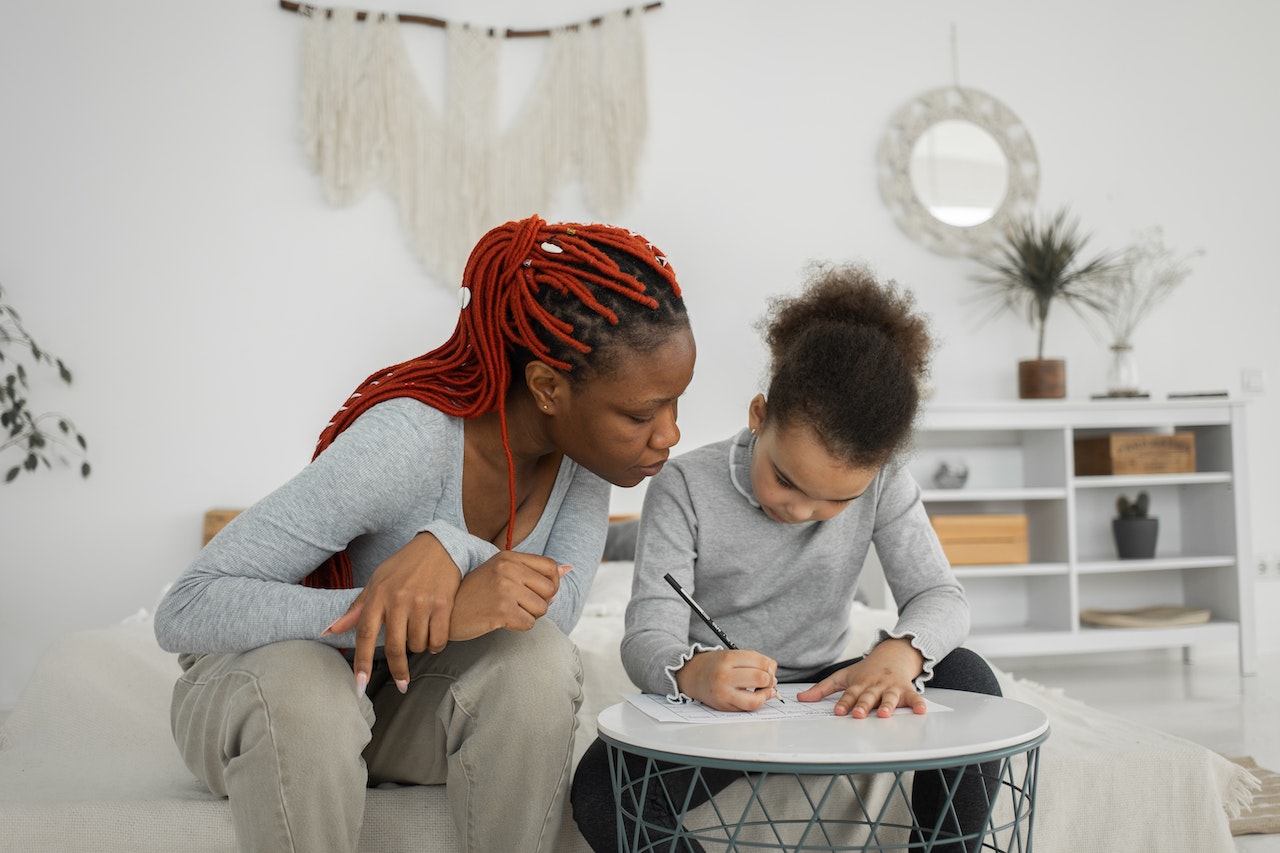
Education is no doubt considered a fundamental human right. Unfortunately, data from around the world reveals something contrary to this. Especially data from the sub-Sahara region. According to the United Nations Human Rights Office of The High Commissioner’s document published on 23 January 2023, the world is already failing, as 130 million girls are denied the human right to education. According to a UN expert, the world is failing 130 million girls of their right to education- a fundamental, transformative, and empowering right for every human being. As a result of the importance of access to quality basic education for all in community and human development, nations of the world made commitments to ensure the realisation of the right to education. Unfortunately, the commitment remains stronger on paper, as many nations are still denying children of school age, especially the girl child, access to quality basic education. Thus, denying the world the immense contributions of the other half – who are more than half of the world population. Even though education is a lifelong learning process which contributes to a stable, equitable and sustainable world, nations of the world, including Nigeria are still not doing enough to bring equity to access quality basic education, even when millions of dollars are allocated annually to the sector. It is sad to know that governments at all levels in Nigeria are not doing enough for the girl child to have access to quality basic education, even though it is one of the main goals of globally accepted Sustainable Development Goals (SDGs). SDG 4 specifically promotes and targets inclusive and equitable quality education and lifelong learning opportunities for all. Such that by 2030, all girls and boys would have had an opportunity to complete free, equitable and quality primary and secondary education, among other targets in favour of the girl child too. The SDG 4 is meant to ensure that girls more than ever before, have access to basic quality education so that their prospect for health, employment and overall well-being will drastically increase. It aims to ensure that the skills and knowledge of the girl child are strengthened.
In Nigeria, despite the huge resources being pumped into the education sector, there is still an increasing number of children, especially girls who are out of school. According to UNICEF, even though primary education is officially free and compulsory, about 10.5 million Children aged 5-14 years are not in school in Nigeria. Only 61 percent of 6–11-year-olds regularly attend primary school and only 35.6 percent of children aged 36-59 months receive early childhood education. States in the north-east and north-west of Nigeria have female primary net attendance rates of 47.7 percent and 47.3 percent respectively, meaning that more than half of the girls are not in school. Though the number of females who are out of school is higher in the northern part of Nigeria, it is still high in the southern part too. The summary implication of this is that the nation must do better at addressing this. It must involve governments at all levels and even non government stakeholders too.
The nation must act fast and prevent a situation where we have more girls on the street, getting married earlier than usual, or becoming victim of preventable diseases and socio-cultural and economic abuses. Nigeria government and partners must work harder to push the number of out of school down till it gets to a stage of eradication. We must all ensure that the girl child is not marginalised anymore at accessing their first hurdle of their educational opportunity. Thus, we must close the gap and stop their continuous exclusion, inequity and gradual systemic enslavement. Today, it is easier to see female children on the street in cities and towns all over Nigeria, running after vehicles at the risk of their life, just to beg for money to feed and live till the next hour. It is common to see girls who are either mothers or have been sexually abused in hospitals seeking medical support.
Government at all levels should be made accountable by citizens on actions they are taking to ensure access to quality education for the girl child. Citizens must be ready to stand up at all times to fight the battle and follow every dime and budgetary allocation meant for the education sector. We must form a block that can call government to order, to account and reflect the yearnings of the citizens in term of education. It is time for governments to make policies and laws work for the citizens. It is time to follow up on the implementation of policies that promote the development of the girl child. It is a universal truth that governments alone can not do it all. Consequently, community associations, private organisations, religious institutions and other partners must be brought in through conscious and intentional collaboration that will lead to a functional system of equity, inclusion, stronger funding, monitoring, strategic planning and sustainable partnership. When this is in place, it is easier to break the socio-cultural, economic, religious and political barriers that prevent the access of the girl child to quality basic education.






















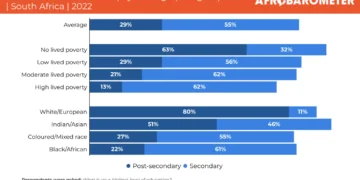

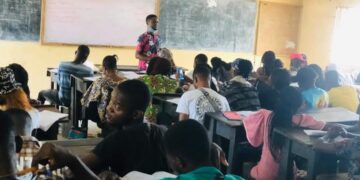







































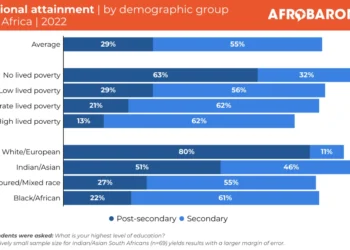

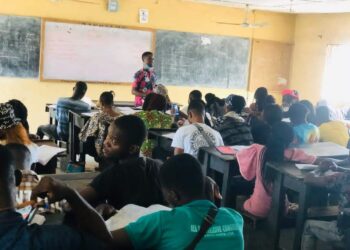

 EduTimes Africa, a product of Education Times Africa, is a magazine publication that aims to lend its support to close the yawning gap in Africa's educational development.
EduTimes Africa, a product of Education Times Africa, is a magazine publication that aims to lend its support to close the yawning gap in Africa's educational development.

